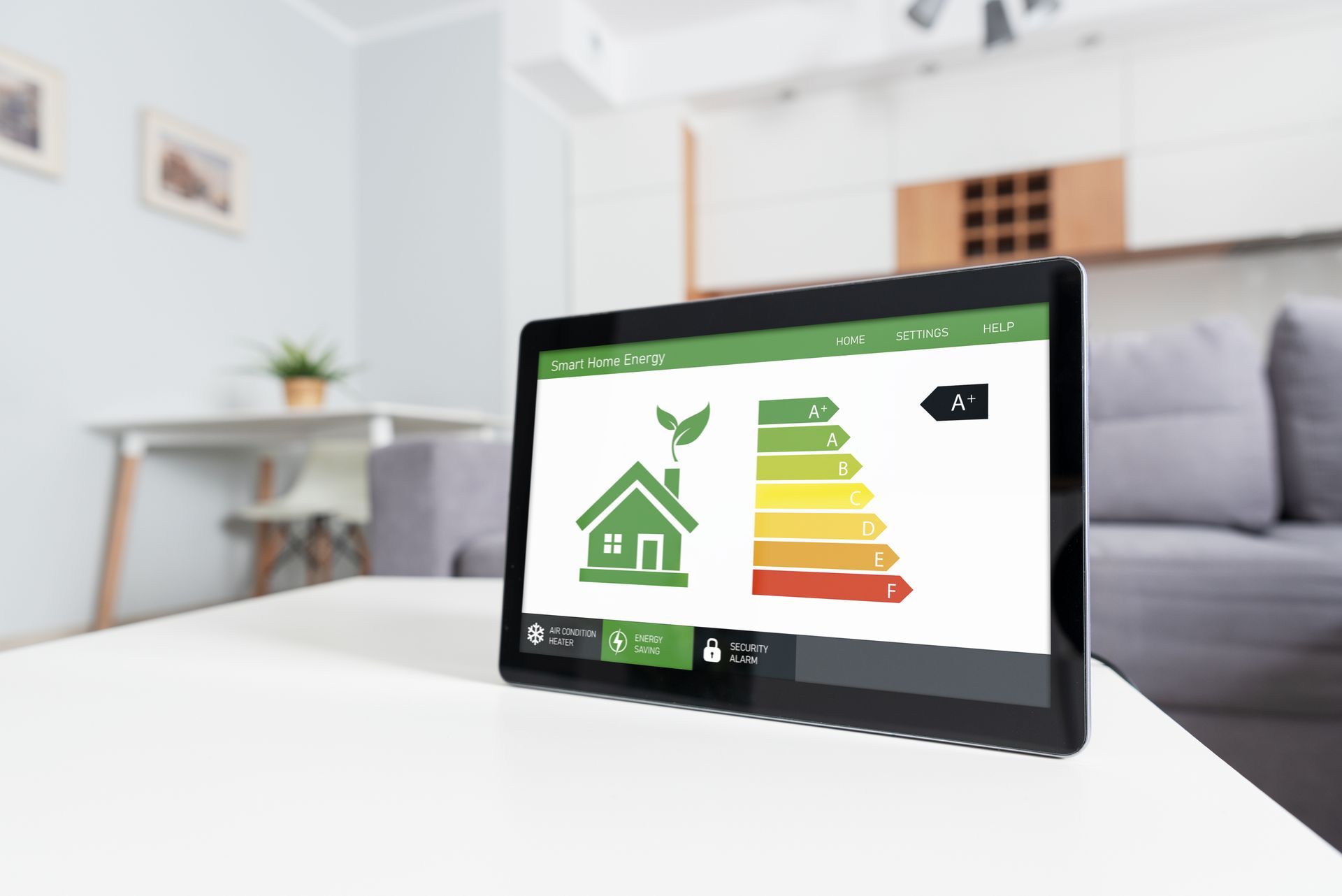Boost Your Home's Energy Efficiency: Easy DIY Tips and Smart Solutions
Creating an energy-efficient home is easier than you might think. With a few simple adjustments and DIY projects, you can reduce energy bills, enhance living comfort, and contribute positively to the environment.
1. Optimize Your Insulation:
Insulation is a key factor in maintaining your home's temperature. Proper insulation reduces the workload on your heating and cooling systems, making your home more energy-efficient.
- Attic Insulation: Start by checking the insulation in your attic. This is often the easiest place to add insulation and can significantly reduce heat loss.
- Weatherstripping: Apply weatherstripping around doors and windows to prevent drafts. This inexpensive, simple measure can greatly enhance your home's thermal efficiency.
- Window Treatments: To further insulate windows, use thermal curtains. These can block drafts in winter and keep out heat in summer.
2. Upgrade to Energy-Efficient Lighting:
Lighting is a crucial aspect of energy consumption in homes. Switching to energy-efficient lighting is a straightforward and cost-effective way to reduce energy usage.
- LED Bulbs: Replace older incandescent and compact fluorescent bulbs with LED bulbs. LEDs are more energy-efficient and have a longer lifespan.
- Smart Lighting Solutions: Consider installing smart lights that can be controlled via smartphone apps or home automation systems. These lights can adjust lighting intensity based on the time of day and can be programmed to turn off when not needed.
3. Smart Home Technologies:
Smart home technologies not only provide convenience but also help in managing and reducing energy consumption effectively.
- Smart Thermostats: Install a smart thermostat to better control heating and cooling in your home. These devices learn your schedule and temperature preferences to optimize energy use.
- Energy Monitors: Use an energy monitor to track your home’s energy consumption in real time. This can help identify high-energy-use appliances and times of day and allow you to adjust accordingly.
4. Maintain Your HVAC System:
Your heating, ventilation, and air conditioning (HVAC) system significantly affect your home’s energy consumption. Regular maintenance can help ensure it operates efficiently.
- Regular Filter Changes: To keep your system running efficiently, change or clean your HVAC filters every 1-3 months.
- Annual Servicing: Have your HVAC system serviced by a professional at least once a year to maintain its efficiency and prolong its life.
- Seal Ducts: Check your ductwork for leaks or gaps. Sealing these can improve the efficiency of your heating and cooling system by up to 20%.
5. Water Heating Efficiency:
Water heating is a major contributor to energy expenditure in the home. Making it more efficient can lead to significant savings.
- Low-Flow Fixtures: To reduce hot water use, install low-flow showerheads and faucet aerators.
- Insulate Water Heater: Wrap your water heater and its pipes in an insulating blanket to prevent heat loss, improve efficiency, and reduce costs.
Improving your home’s energy efficiency doesn’t have to be a daunting task. By implementing these practical DIY tips and embracing smart technologies, you can significantly lower your energy bills while increasing your home's comfort and value. Every step you take contributes to a more sustainable lifestyle and enhances the overall functionality of your living space.
Start with small changes and gradually work your way to incorporate more complex energy-saving measures.
Your wallet—and the planet—will thank you!


